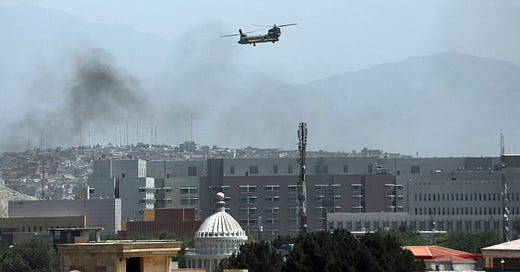There’s a Hasidic line of commentary according to which Biblical characters are understood to speak on multiple levels. When Jacob calls his brother, Esau, “Adoni” (“my Lord”) he’s simultaneously ingratiating himself and speaking through him to God, or to the God-aspect of his brother. Extended to everyday life, the mystic can see things for what they a…
Keep reading with a 7-day free trial
Subscribe to What Is Called Thinking? to keep reading this post and get 7 days of free access to the full post archives.



